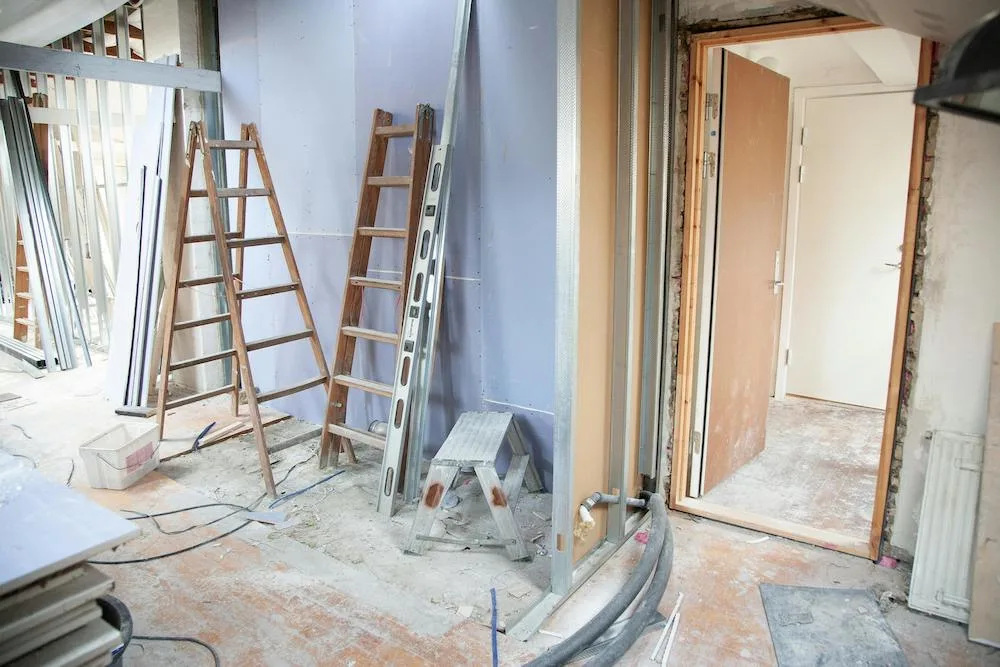
The Multigenerational Home Renovation Tax Credit
Having multiple generations living in the same home is a reality for many families in Canada today. This is the result of various factors, including the high cost of living and need for care.
In order to assist families who find themselves in this situation, the Federal government introduced the Multigenerational Home Renovation Tax Credit (MHRTC) as part of the 2022 Budget. The MHRTC received Royal Assent on December 15, 2022, as part of Bill C-32, the Fall Economic Statement Implementation Act, 2022.
Overview
The MHRTC serves as a tax credit accessible to individuals incurring expenses for renovations undertaken for the purpose of creating living accommodations for family members. This credit is subject to various eligibility requirements outlined below. I
Eligible claimants will receive a 15% credit for either (1) the qualifying expenditures or (2) $50,000, whichever is less. The maximum amount that can be claimed is $7,500. The qualifying expenditure must have been made or incurred after December 31, 2022, with the associated services and/or goods performed and/or acquired after the same date. Claimants may apply for the MHRTC on their T1 income tax and benefit return for the taxation year in which the renovation period concludes.
Eligibility
To be eligible to receive the MHRTC, there must be a qualifying expenditure for the purpose of a qualifying renovation.
Qualifying Renovation
Renovations eligible for the tax credit must be made to an eligible dwelling and meet the following requirements:
- It must be enduring in nature and integral to the dwelling; and
- It must have been made to allow the qualifying individual to live in the dwelling by creating a secondary unit in the dwelling where they will reside.
The secondary unit does not have to be constructed after the primary unit in order to claim the tax credit.
Eligible Dwelling
The home to which the renovation is being made must be located in Canada and owned by the qualifying individual or the qualifying relation during the renovation period taxation year. The renovation period is the period between the first expenditure and the completion of the renovation, and the taxation year of the renovation period is the taxation year in which the renovation period ends.
Furthermore, to be an “eligible dwelling” the qualifying individual and the qualifying relation must either ordinarily reside, or intend to ordinarily reside, in the home within twelve months after the renovation period.
Qualifying Individual and Qualifying Relation
The MHRTC applies to renovations undertaken to allow qualifying individuals to live with a qualifying relation, defined as follows:
- A qualifying individual is an individual attaining either 65 years of age or older or 18 years of age or older with eligibility for the disability tax credit deduction by the conclusion of the renovation period taxation year.
- A qualifying relation is an individual aged 18 years or older, inclusive of parents, grandparents, children, grandchildren, siblings, aunts, uncles, nieces, nephews, or partners of the qualifying individual.
The qualifying individual does not have to have been living with the qualifying relation prior to the renovation.
Qualifying Expenditures
Expenditures eligible for the MHRTC encompass costs incurred for goods and services, permit acquisition, and equipment rental.
Conversely, examples of non-qualifying expenditures include routine maintenance and repair expenses, housekeeping expenses, and expenditures made to purchase appliances or acquire financing.
In order to claim the credit, you should retain proof of the qualifying expenditure, such as receipts or invoices.
Conclusion
The MHRTC offers a financial incentive for families undertaking home modifications to accommodate their loved ones. By recognizing the diverse needs of Canadian households and offering targeted support, the MHRTC underscores the importance of fostering familial cohesion and facilitating sustainable living arrangements across generations.
**Disclaimer: This article provides information of a general nature only. It does not provide legal advice nor can it or should it be relied upon. All tax situations are specific to their facts and will differ from the situations in this article. If you have specific legal questions you should consult a lawyer.

